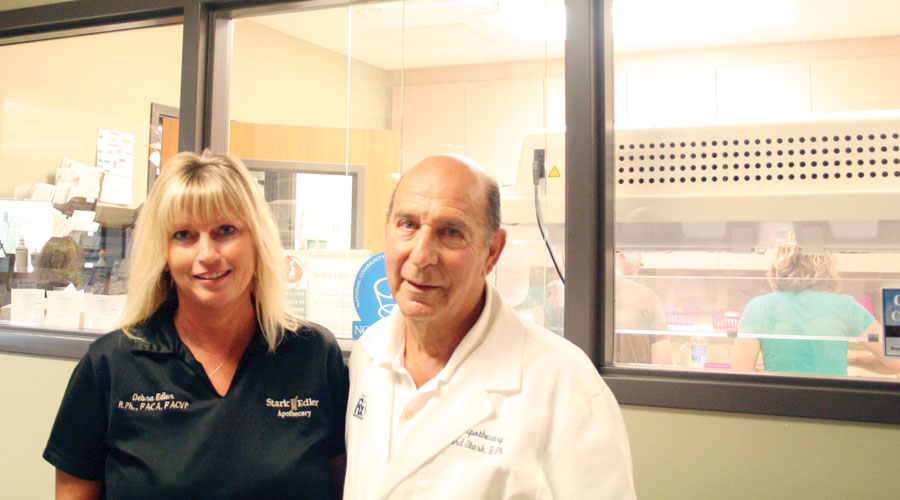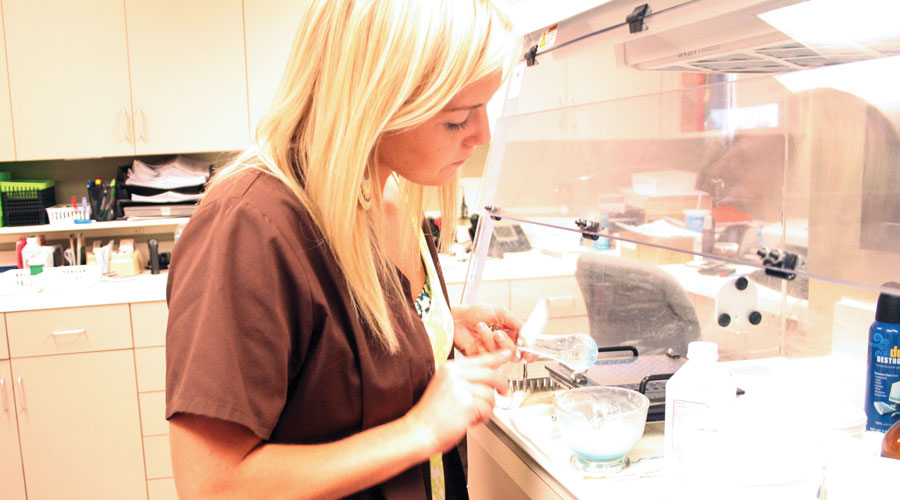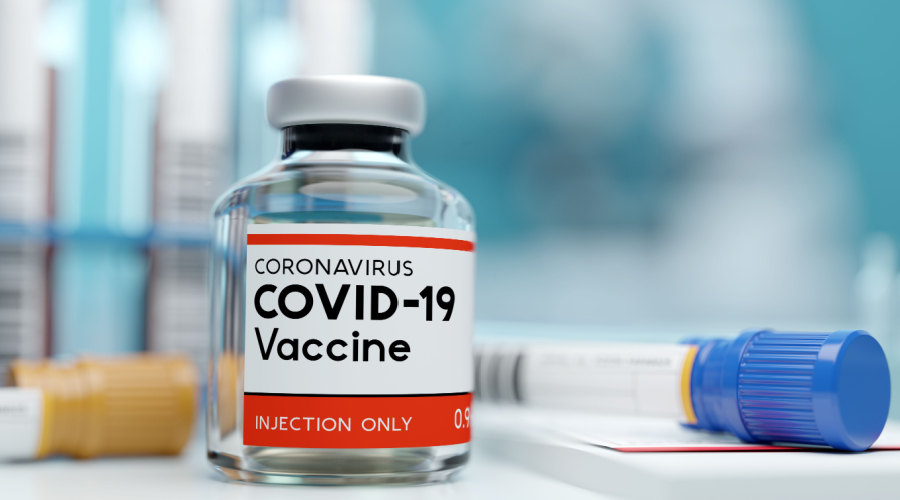In retail pharmacy today, owners find it increasingly difficult to make a profit. National chain pharmacies and big box stores increase competition for the same patients. Mail order lures patients away from their regular pharmacy. Operating expenses continue to rise. Even so, Stark Edler Apothecary in Overland Park, Kan. doesn’t have a problem keeping its doors open.
How does this pharmacy do it? By providing compounding services for patients who need more than one-size-fits-all medication. About 75 percent of the pharmacy’s net profit comes from creating specialized medications for its patients. “Putting pills in bottles does not make a profit for the pharmacy,” said Howard Stark, R.Ph., previous owner of Stark Edler Apothecary who’s currently in charge of marketing. “It all comes from compounding.”
Compounding allows pharmacists to use their unique skills to provide a personalized service for patients and to earn extra revenue for their businesses. Through their knowledge, practical experience and creativity, compounding pharmacists can offer solutions for patients’ complex medication issues. “We do a lot of problem solving,” said Debra Edler, R.Ph., owner of Stark Edler Apothecary.
Independent community pharmacies struggling to profit from dispensing prescriptions that patients almost always pay for with insurance should consider compounding. “As you get more consolidation of PBMs and they offer you less in dispensing fees, your answer is compounding,” Stark said. Helping those patients who can’t get what they need from commercially available medications can mean additional revenue for your business.
A big commitment
Offering compounding at your pharmacy can increase your profits, but it takes an initial investment and the commitment to get it started. Pharmacists looking to go into compounding will need to consider the expense of additional training and the other necessities of starting this service at their pharmacies.
“Putting in a decent lab to do what you need to do will probably cost $50,000 to $60,000 with equipment,” Stark said. “Then you’re going to have to have compounding techs. They’re not just your $8 and $10 an hour techs; they’re eventually going to be $18 to $20 an hour,” he said.
Pharmacies looking to get into compounding need to do their research. “You want to be able to offer a good product; you want to have a competitive price, but you don’t want to sell yourself short either,” Edler said. “You’re providing a service, and you’re providing the patient outcomes.”
You could also consider offering your compounding services as cash only. “Some compounding pharmacies prefer to offer their compounding services as cash only, in lieu of accepting third party plans. This can help maximize your profits due to the shrinking third party reimbursements,” Edler said.

At Stark Edler Apothecary, the majority of the pharmacy’s net profit comes from compounding. Debra Edler, R.Ph., owner, and Howard Star, R.Ph., previous owner, grow the business by marketing their specialized compounding services to local physicians.
Finding resources
Professional organizations can aid pharmacists’ efforts to offer compounding at their pharmacies. The Professional Compounding Centers of America (PCCA) helps train, consult and provide technical support for compounding pharmacists. “They have pharmacists there that you can call at any time if you have questions on a formula, testing behind the formula or on beyond use dates,” Edler said.
The American College of Apothecaries (ACA) is another resource. The national organization provides continuing education courses and networking opportunities for compounding pharmacists. “If you really want to learn, join ACA and you’ll be in with compounders from all over the country,” said Stark, a past president of ACA. “That’s where you’ll learn and pick up tips, because we work with each other.”
Get the word out
Stark Edler Apothecary keeps its compounding business thriving by marketing its services to physicians. “We help them with patient outcomes,” Stark said. “When they get good outcomes and we do a lot of the work, they really appreciate it.” Stark and Edler have worked for years to build trust with their local physicians.
Stark visits physicians in-person to explain about the compounding services the pharmacy offers. It also helps that the pharmacy is located in a medical building.
“Medical buildings lend themselves well to compounding, but if you’re a small solo pharmacy and you have a couple of physicians around you, it’s no problem to go in and talk to them,” Stark said. “Once you establish a relationship and they’re comfortable and they trust your compounding, they’ll ask you for advice,” Stark said. “You can change patient outcomes.”
A compounding renaissance
Before the days of mass manufactured medications, pharmacists compounded all prescriptions. With innovations in technology today, modern techniques and new research, compounding has seen a revival of sorts.
Stark, who started compounding prescriptions in 1960, has witnessed a huge change in pharmacy compounding over the years. “In the beginning we did a lot of pediatric compounding and dermatology,” he said. “It wasn’t until about 1983 that we started making suppositories and troches and different dosage forms. Now, our depth and breadth of practice is so much different.”
Today, Stark and Edler are noticing niche compounding specialties become increasingly popular. Areas they see growing in the future include, hormone replacement therapy, hospice and pain management, and low testosterone and men’s health. “These are huge areas where a pharmacist can change outcomes and help with patients’ lives,” Stark said.












